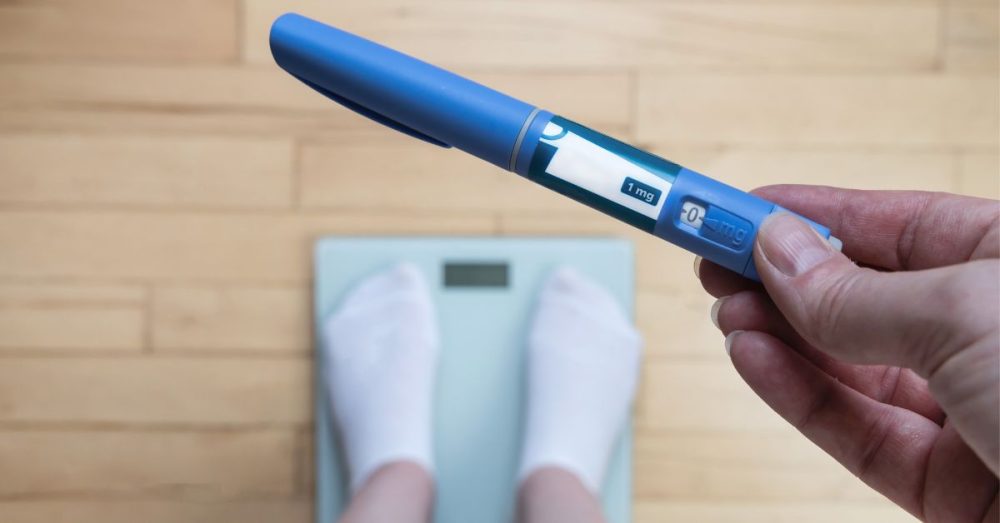Pfizer has been struggling to get a foothold on the rapidly expanding obesity drug market.
Obesity is defined as having a body mass index of 30 or higher. It substantially increases a person’s risk of various adverse health outcomes. As reported by The Dallas Express, excess weight has been connected to a heightened risk of type 2 diabetes, heart disease, depression, cancer, dementia, infertility, and more.
The number of people considered to be clinically obese has reached over 1 billion worldwide. According to data from the CDC, 1 in 5 American adults was obese in 2022. Obesity is a particular problem in Texas, as previously reported by DX, where the condition has made significant gains over the past few years, with 35.5% of adults and 17% of children between the ages of 10 and 17 estimated to be obese.
Pfizer recently abandoned efforts to develop a twice-daily version of its obesity drug danuglipron — a GLP-1 agonist similar to products put to market by Novo Nordisk and Eli Lilly — after the side effects proved to be too horrible, as reported by The Dallas Express.
Despite the setback, the company held out hope that a once-a-day version of the drug might still be possible. CNBC reports the latest news on the data coming out of the drug trials for the daily version. Here’s the start of the story:
Pfizer on Thursday said it will move forward with a once-daily version of its weight loss pill, danuglipron, after it saw “encouraging” data in an ongoing early-stage study.
The company evaluated several once-daily formulations of the drug and identified one with “the most favorable profile” in terms of safety and how the body reacts to the medication.
Pfizer said it plans to conduct more early-stage trials in the second half of the year to identify the ideal dose of the drug, with results expected in the first quarter of next year, a spokesperson told CNBC. The company said those trials will “inform the registration enabling studies,” which are used in applications for regulatory approval.
Danuglipron “has demonstrated good efficacy in a twice-daily formulation, and we believe a once-daily formulation has the potential to have a competitive profile in the oral GLP-1 space,” outgoing Pfizer Chief Scientific Officer Dr. Mikael Dolsten said in a release. Notably, the company did not observe any liver safety issues in patients who received once-daily formulations of the drug.
Pfizer is one of several drugmakers racing to win a slice of the market for a highly popular class of weight loss and diabetes drugs called GLP-1 agonists. Some analysts expect the industry to be worth roughly $100 billion by the end of the decade.
But Pfizer has so far struggled to break into the market.


